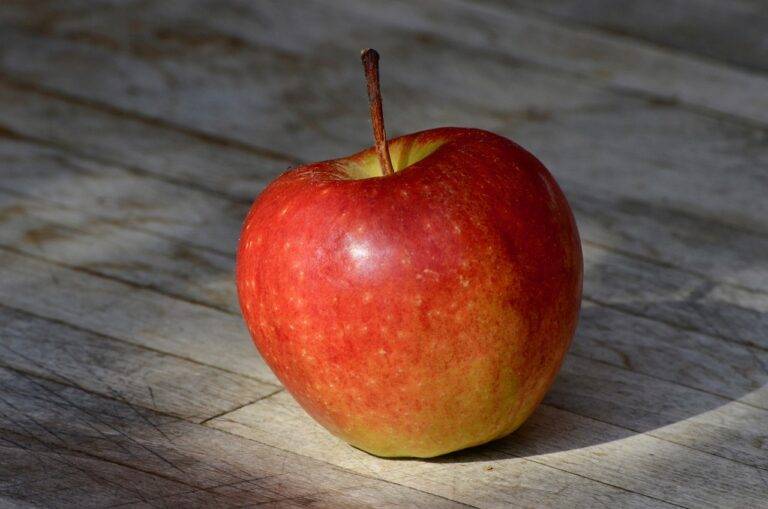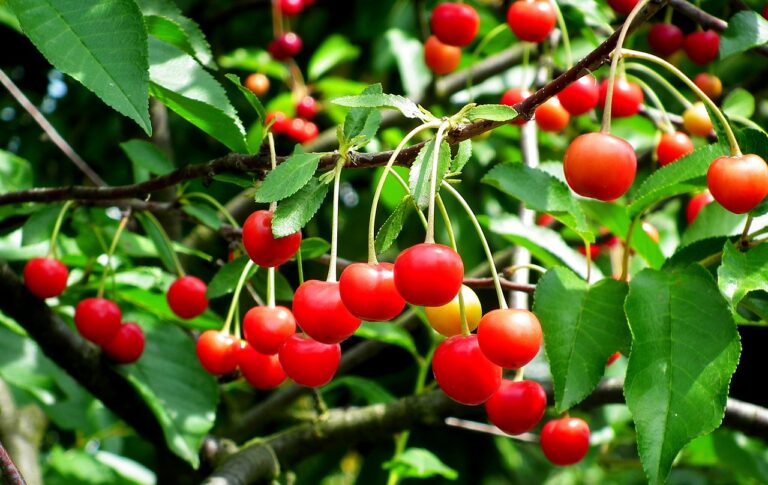The Importance of Harvest Timing for Olive Oil Quality: 11xplay reddy login password, Diamondexch9 id, Skyexchange id
11xplay reddy login password, diamondexch9 id, skyexchange id: The Importance of Harvest Timing for Olive Oil Quality
When it comes to producing high-quality olive oil, harvest timing plays a crucial role. The timing of the harvest can significantly impact the flavor, aroma, and overall quality of the oil. In this article, we will explore why harvest timing is important for olive oil quality and how it can affect the final product.
Understanding Olive Oil Harvesting
Olive oil is made from the fruit of the olive tree, which is called an olive. Olives are typically harvested in the fall when they are fully ripe. The timing of the harvest is essential because the ripeness of the olives can affect the flavor and quality of the oil. Under-ripe olives will produce a bitter and pungent oil, while over-ripe olives can result in a bland and rancid oil.
Factors Affecting Harvest Timing
Several factors can influence the timing of the olive oil harvest, including the variety of olive trees, the climate, and the desired flavor profile of the oil. Different olive varieties ripen at different times, so it is essential to know when each variety is ready for harvest. Additionally, the climate can also play a significant role in determining when to harvest the olives. In regions with hot, dry summers, the olives may ripen earlier than in cooler, wetter climates.
The Impact of Harvest Timing on Olive Oil Quality
Harvesting olives at the right time is crucial for producing high-quality olive oil. The level of ripeness of the olives can affect the oil’s acidity, flavor, and aroma. Harvesting under-ripe olives can result in a bitter and astringent oil, while over-ripe olives can produce a bland and rancid oil. By harvesting the olives at the optimum time, producers can ensure that the oil has a balanced flavor profile with the right level of fruitiness, bitterness, and pungency.
Optimal Harvest Timing
The optimal timing for olive oil harvest can vary depending on the desired flavor profile of the oil. Some producers prefer to harvest their olives early in the season when they are still green and unripe to produce a more robust and peppery oil. Others may wait until later in the season when the olives have ripened further to create a smoother and more mellow oil. Ultimately, the best time to harvest olives will depend on the specific goals of the producer and the characteristics they want to achieve in their oil.
The Role of Technology in Harvest Timing
Advances in technology have made it easier for producers to determine the optimal timing for olive oil harvest. Tools such as infrared cameras and satellite imaging can help farmers monitor the ripeness of their olives and decide when to harvest them. Additionally, modern harvesting equipment such as mechanical shakers and harvesters can make the harvesting process more efficient and ensure that the olives are collected at the peak of ripeness.
FAQs
Q: What is the best time to harvest olives for olive oil production?
A: The best time to harvest olives for olive oil production will depend on the desired flavor profile of the oil. Some producers prefer to harvest early in the season for a more robust oil, while others may wait until later for a smoother oil.
Q: How can I determine the ripeness of olives for harvest?
A: The ripeness of olives can be determined by their color, taste, and firmness. Ripe olives will be dark in color, have a fruity aroma, and be slightly soft to the touch.
Q: What happens if olives are harvested too early or too late?
A: Harvesting olives too early can result in a bitter and astringent oil, while harvesting them too late can produce a bland and rancid oil. It is essential to harvest the olives at the optimal time to ensure the best quality oil.
Q: Can technology help determine the optimal harvest timing for olives?
A: Yes, advances in technology such as infrared cameras and satellite imaging can help farmers monitor the ripeness of their olives and determine the best time to harvest them for olive oil production.
In conclusion, harvest timing is a critical factor in producing high-quality olive oil. By harvesting olives at the optimal time, producers can ensure that the oil has the right flavor, aroma, and overall quality. With the right timing and attention to detail, producers can create exceptional olive oil that will delight consumers around the world.







